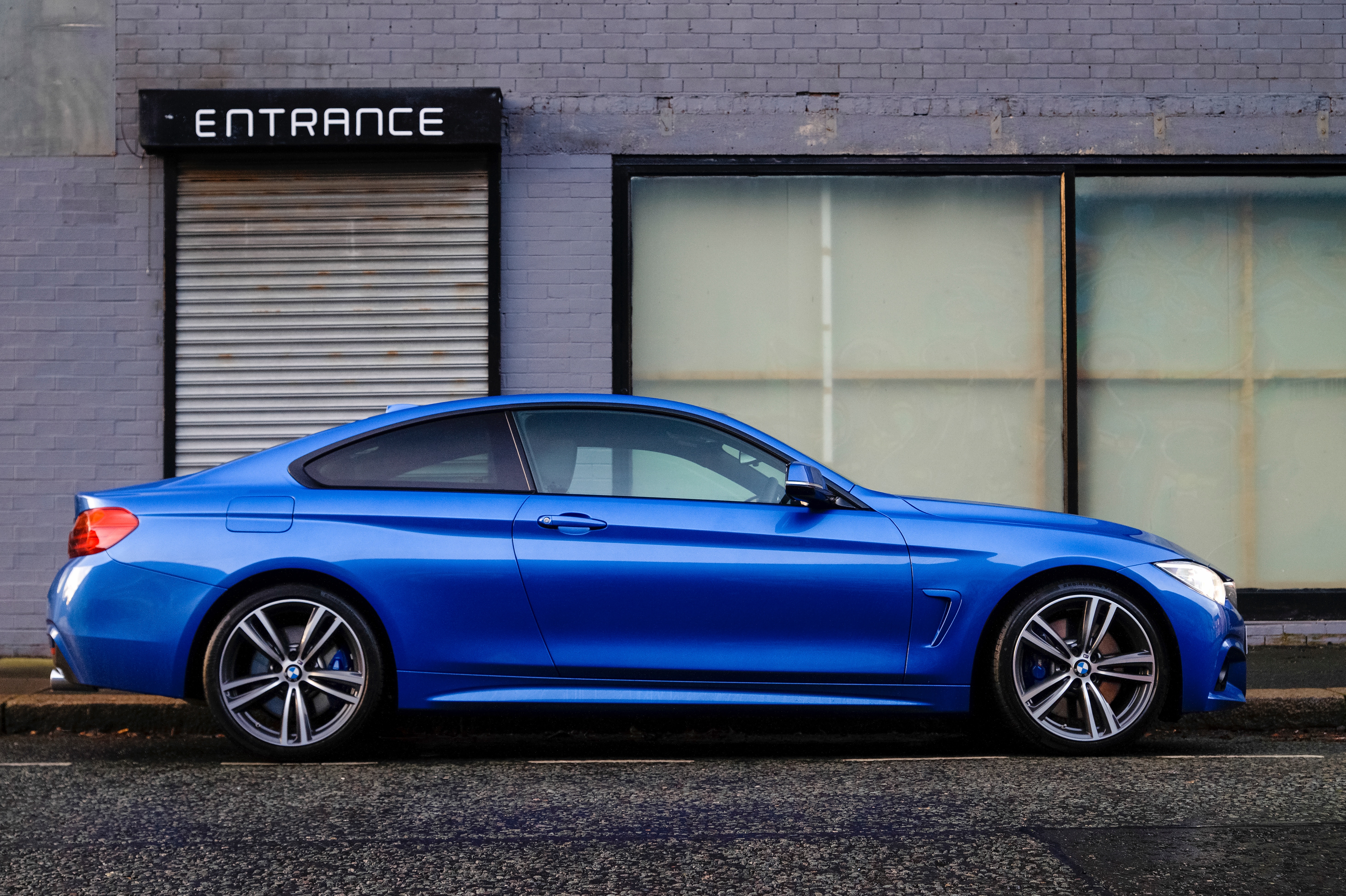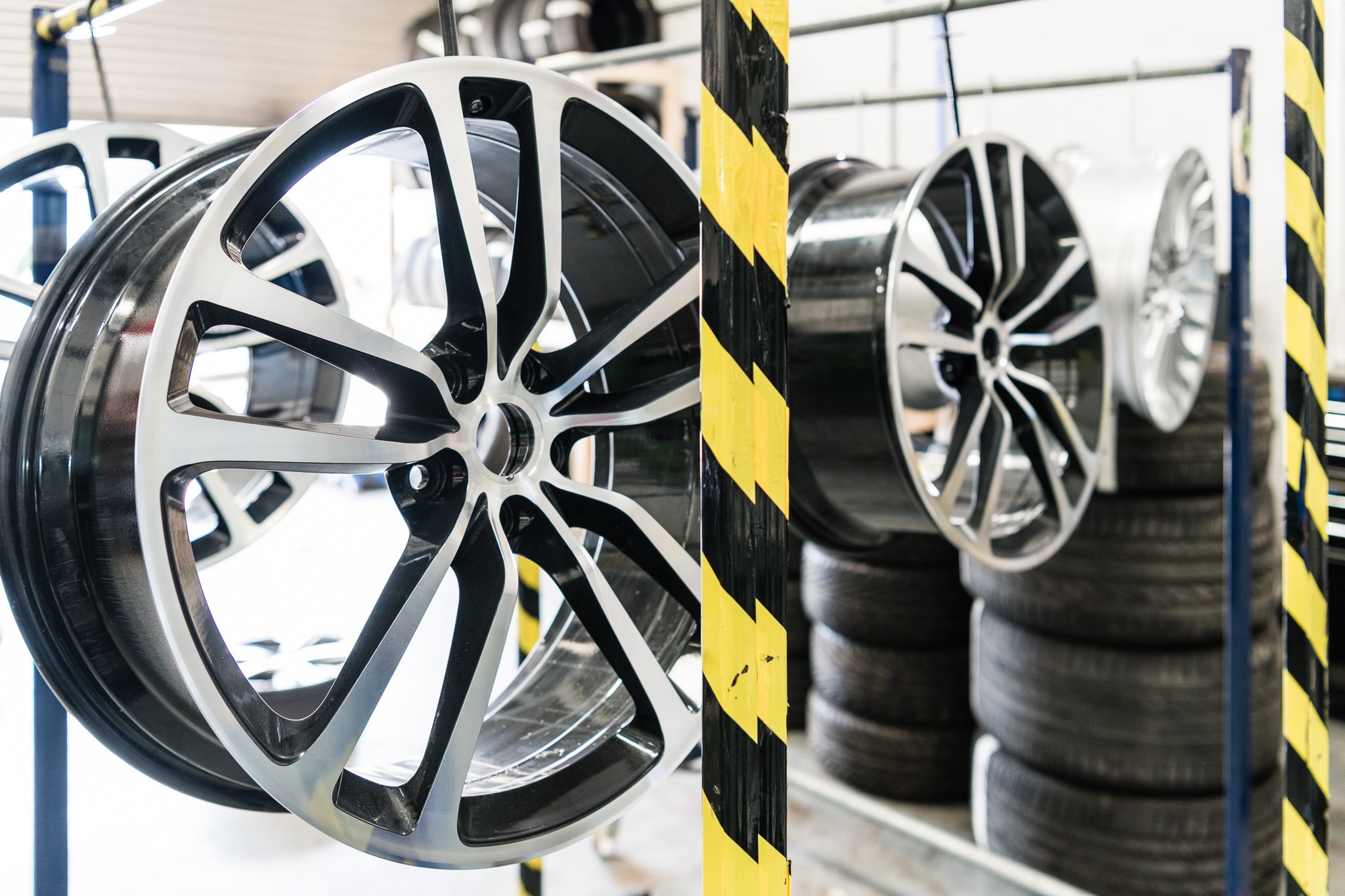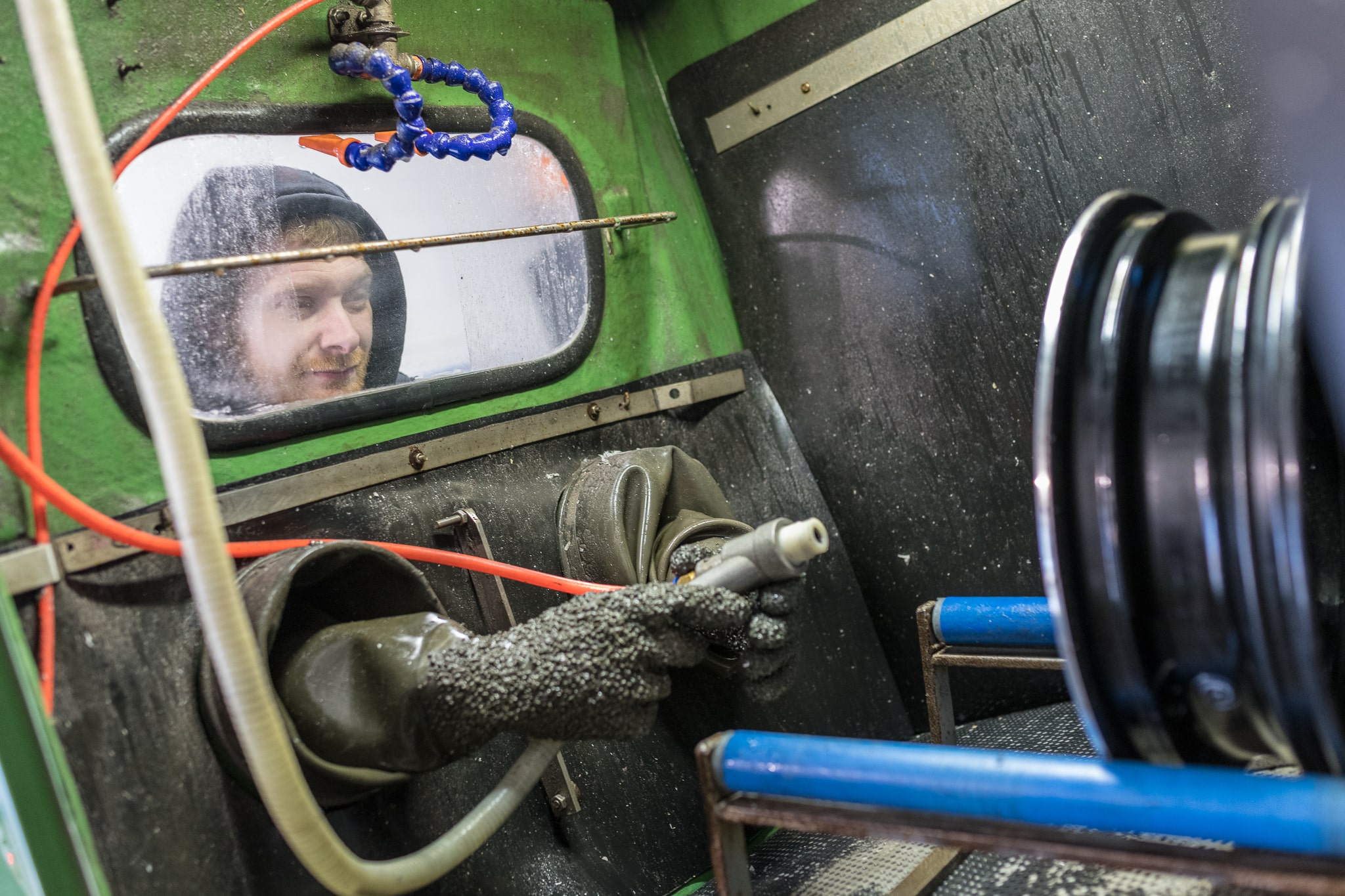Using Personal Contract Plans (PCPs) as a way to fund cars is on the rise. With such uncertainty in our current economic climate, that may not be surprising to hear.
Here, we analyse why people are turning to this form of finance, as well as how to ensure your PCP car carries the minimum amount of risk.
The benefits
Choosing to credit a vehicle is generally a much more affordable option than buying the car outright. A proportion of the car’s price (known as the guaranteed minimum future value or GMFV) is delayed until later, so the driver only needs to pay the balance along with interest when due. On top of this, the deposit is often cheaper. At the lower end of the scale, there isn’t one. And at the upper end, it’s only a few thousand pounds.
Once the driver has paid the GMFV, they then have a choice. They can take the option to own the car, give it back, or part exchange it for a new one. Part exchange is the most popular choice, as it’s a way to experience different vehicles at a lower cost.
How PCP car finance works
Whilst the abundance of choice, flexibility and cost-effectiveness is clearly beneficial, many don’t fully understand how this form of funding works.
Although there are no deposit options available, dealers typically request around 10% of the worth of the car. In terms of how much to borrow, the finance company will base this on the amount they predict the vehicle will drop in value. This is for the total period of the deal (usually 24 or 36 months), and also excludes the deposit amount. The deposit and interest are paid during the deal, with the APR typically at 4 to 7%.
 Owning the car
Owning the car
If you do decide to hold on to the car, then a balloon payment (or balancing payment) will be due. To see how the cost differs from borrowing in practice, take a look at this example calculation:
For a PCP over a three-year period with a car worth £18,000, borrowing would cost:
- Deposit: £2,000
- Loan: £8,000 (£10,000 minus the deposit), plus interest
- Total: £10,000, plus interest
For the same deal, but if you want to purchase the vehicle at the end of the term, it would cost:
- Deposit: £2,000
- Loan: £8,000 (£10,000 minus the deposit), plus interest
- Balloon payment: £8,000
- Total: £18,000, plus interest
You might also be met with an additional fee of up to £500 by some finance companies.
Alternative options
At the end of your PCP, the car will likely have a value that is slightly higher than the balloon payment. The dealer may ask if you would prefer to put it as equity on the deposit for a PCP deal on a new car. This is generally favourable as the extra value can’t be taken as cash.
If the car’s value is below the balloon payment, then the best idea is to return it. The loss of worth doesn’t impact you this way; the effects are instead felt by the finance company. This option does, however, leave you open to potential charges.

Potential charges
These come in two forms: over-mileage charges, and damage cost at end of the lease. You would need to pay the former fee if you’ve gone over the number of miles expected during the deal period. The finance company would have asked for an estimate of this prior to leasing the car so as to offer a fair balloon payment.
In terms of damage, under the British Vehicle Rental and Leasing Association (BVRLA) rules, you cannot be charged for fair wear and tear or acceptable deterioration. These are a case of time rather than careless driving, and therefore the car will still be saleable. But if the bodywork has suffered any scratches, or there has been wheel damage, you’ll likely be charged.
Avoiding wheel damage payments
The finance company may charge a significant amount for any damage, so you can lower or sidestep this figure by performing your own repair work. This involves washing and cleaning the car, along with fixing any tears. The BVRLA provides information, including a fair wear and tear guide and other best practices, so you can ensure the car is returned in top condition.
We’ve offered advice around the wheels, and what state they should be in to avoid any wheel damage charges. If you do need to carry out alloy wheel refurbishment, DA Techs are here to help.
Use DA Techs for no damage charges
With extensive experience in repairing and replacing the wheels of vehicles, including those that have been leased, we can let you know whether they will pass quality checks – and perform the necessary procedures to make them immaculate.
If you’re a private customer, you can bring your car to us in Chorley; trade and commercial clients, on the other hand, can also be visited by our state-of-the-art mobile workshop. We’ll make sure that any PCP car wheel damage is eradicated. Get in touch today on 01204 859045 or send us a message via our contact form for more information.
 Interested in revitalising your ride? Let us put some life back into your alloys. Give us a ring on 01204 859045, or send us a message through our contact form.
Interested in revitalising your ride? Let us put some life back into your alloys. Give us a ring on 01204 859045, or send us a message through our contact form.